Keywords: Australian Government
There are more than 200 results, only the first 200 are displayed here.
-
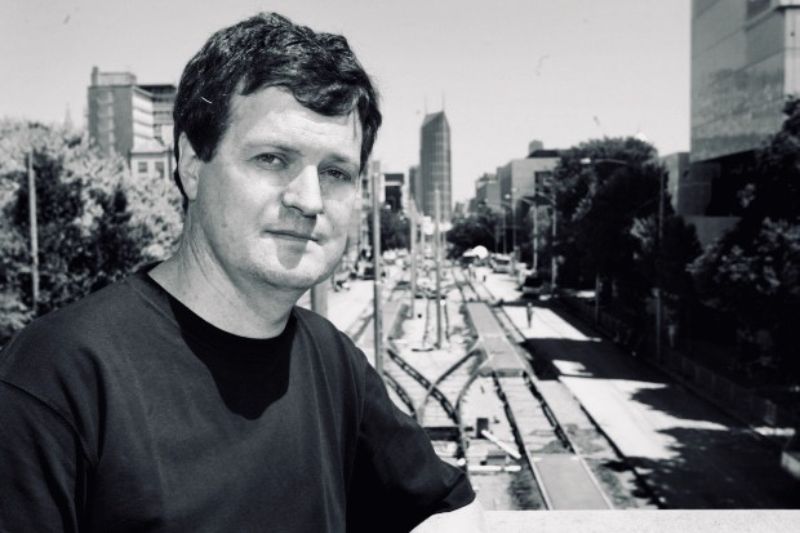
AUSTRALIA
- Erica Cervini
- 29 June 2023
Ten years after his passing, the work of renowned academic and transportation activist Paul Mees continues to reverberate through our public transport systems and urban spaces. Unafraid to challenge the status quo, his advocacy for public transport and sustainable urban living continues to influence debates and policy.
READ MORE
-
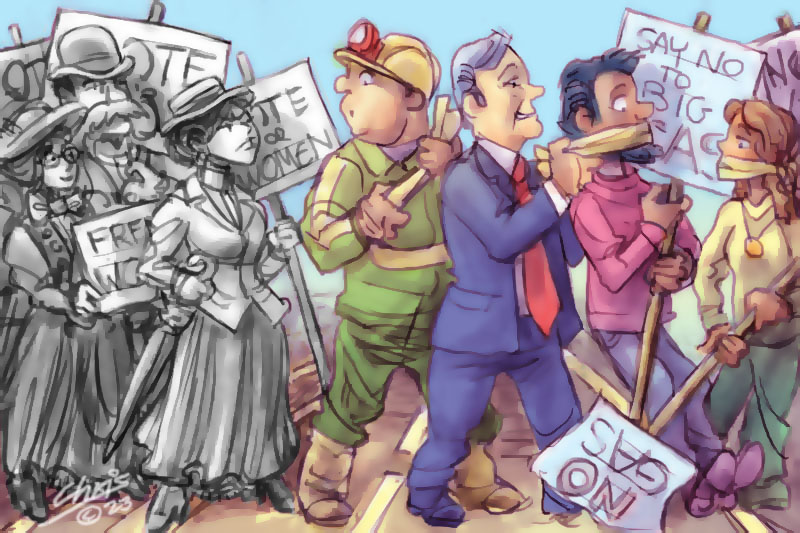
AUSTRALIA
- Michele Madigan
- 29 June 2023
2 Comments
Following a rally by climate action group Extinction Rebellion, anti-protest laws were rushed through the SA lower house, increasing the maximum fines for disruptive protests along with potential jail time. Sadly, SA is not an outlier here, but is rather in step with the rest of the country with similar ‘draconian’ laws regulating protests.
READ MORE
-

AUSTRALIA
As Australian households grapple with soaring living costs and rising inflation, many are questioning the efficacy of the RBA's interest rate strategy, making the case for comprehensive government intervention to right the economic course.
READ MORE
-
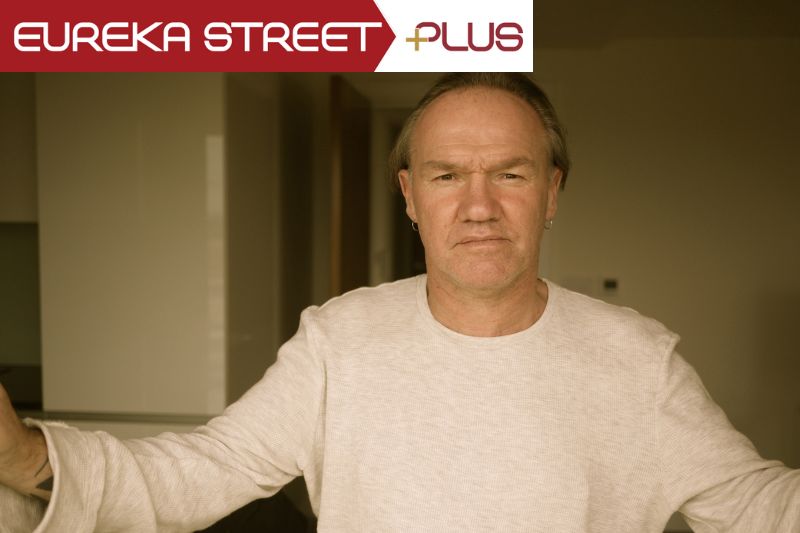
ARTS AND CULTURE
- Paul Mitchell
- 23 June 2023
1 Comment
Renowned author and academic Tony Birch is known for his insightful and compelling narrative explorations into societal issues like marginalisation, Aboriginal identity and racial struggles. In conversation with Paul Mitchell, Birch discusses his work, the unique intersection of academia and creative writing, and the profound impact of historical dispossession.
READ MORE 
-
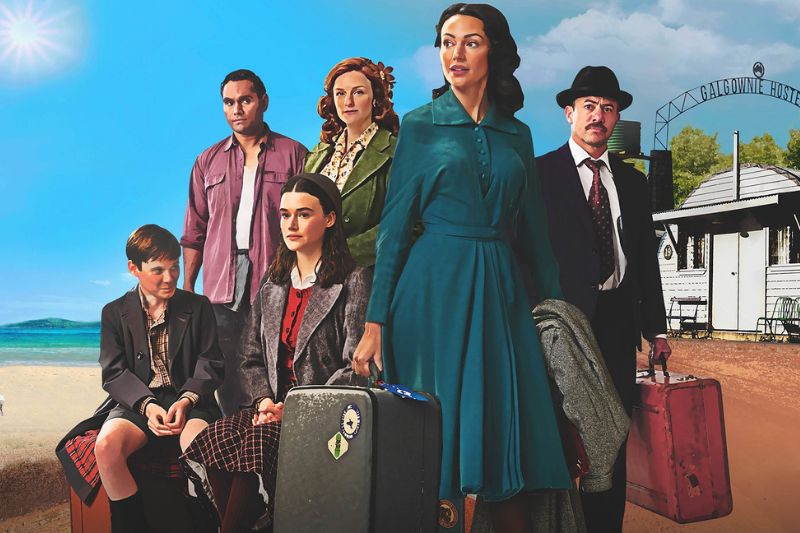
ARTS AND CULTURE
- Juliette Hughes
- 22 June 2023
2 Comments
'Ten Pound Poms' adjusted from the harsh British winter to the austere migrant hostels of 1960s Australia. To mark the 60th anniversary of her own journey, Juliette Hughes recalls the trials and transformations, and the small moments that offered a glimmer of hope for the future.
READ MORE
-

RELIGION
- Jamie Calder
- 21 June 2023
5 Comments
The Royal Commission into Institutional Responses to Child Sexual Abuse made a recommendation for professional supervision within religious and pastoral environments. But can professional supervision repair broken trust, ensure accountability, and promote a more ethical approach to care in the face of past failings?
READ MORE
-
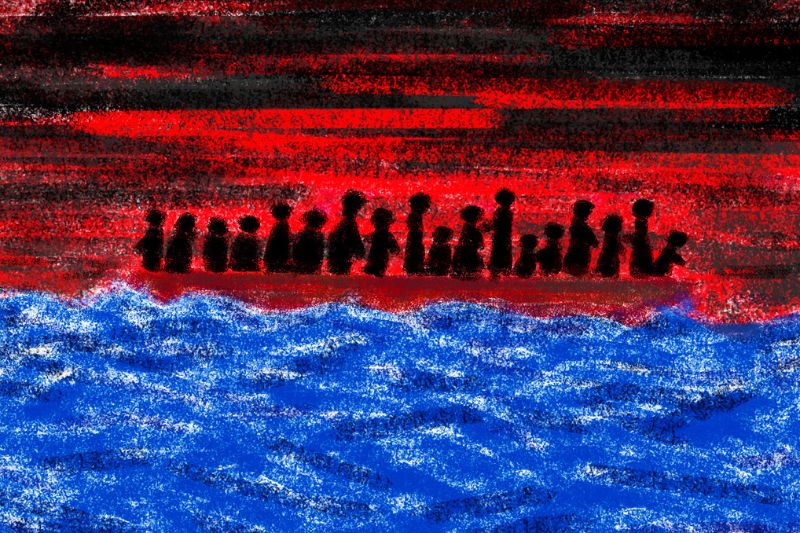
AUSTRALIA
- Andrew Hamilton
- 20 June 2023
5 Comments
Observing World Refugee Week and the Referendum on the Voice to Parliament together is appropriate because the First Peoples and later refugees have suffered in similar ways. Jordana Silverstein's latest book draws striking parallels between Australia's colonial past and the modern treatment of refugee children.
READ MORE
-

ECONOMICS
From Moscow to Beijing, a change in global finance looms, set to challenge the long-standing economic hegemony. This imminent shift could redefine global power structures, disrupt currency markets and international trade. Amidst this uncertainty, one thing is clear: the game of geopolitical chess is no longer played on a Western-centric board.
READ MORE
-
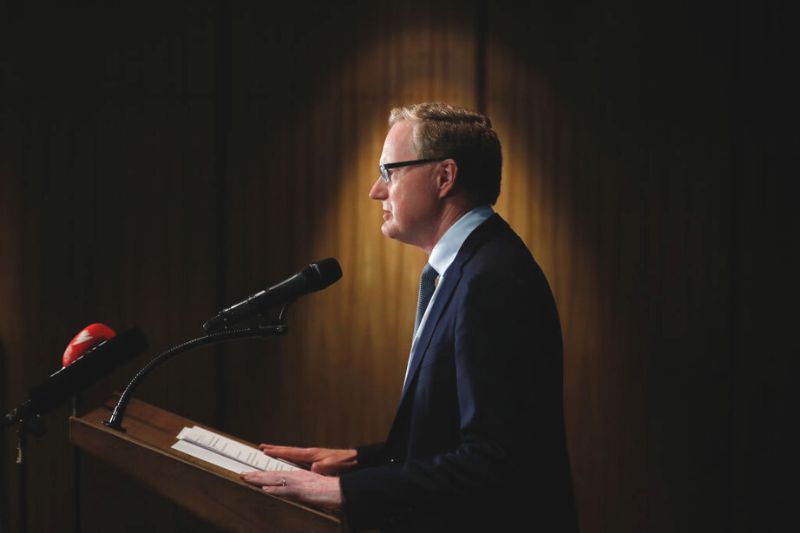
AUSTRALIA
- James Massola
- 13 June 2023
2 Comments
In a year defined by surging living expenses, RBA Governor Philip Lowe finds himself the object of public ire, his failed rate predictions and aggressive anti-inflation measures becoming a litmus test for the enduring effects of a global crisis. Will the Labor party dare sever ties with Lowe, or will they allow him to continue wielding the hammer, regardless of the mounting human cost?
READ MORE
-
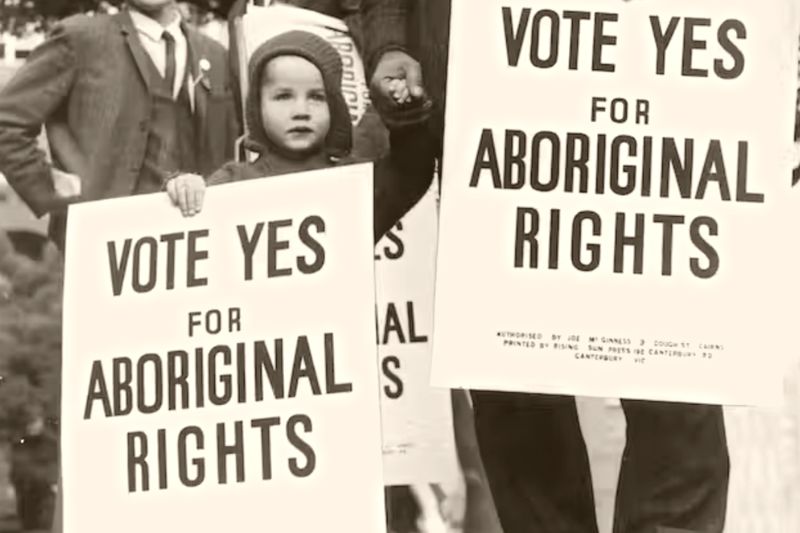
AUSTRALIA
- Frank Brennan
- 05 June 2023
19 Comments
The wording of the proposed change to the Australian Constitution to enshrine a First Nations Voice might not be perfect. But whatever the imperfections and the risk of future complications, it is high time that Australia’s First Peoples were recognised in the Constitution in a manner sought and approved by a broad cross-section of Indigenous leaders.
READ MORE
-
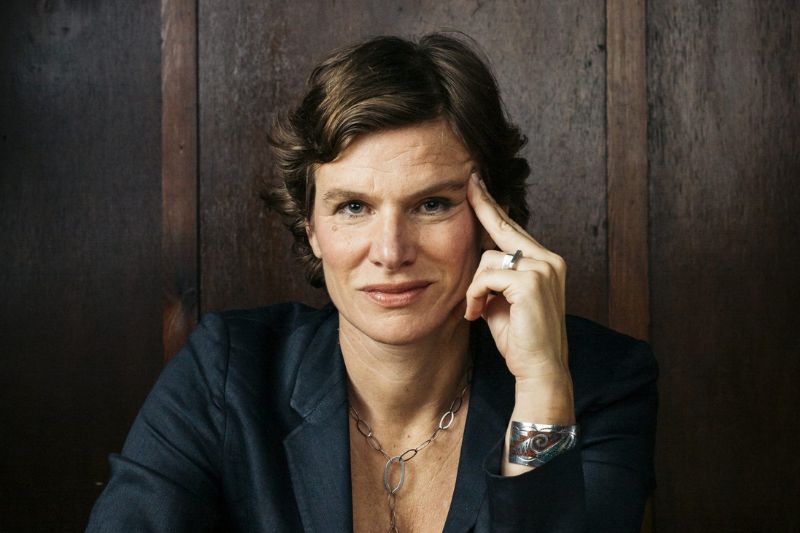
RELIGION
- Bruce Duncan
- 01 June 2023
2 Comments
Prominent figures such as Australia's Treasurer Jim Chalmers and Pope Francis are turning to economist Mariana Mazzucato for insights on reforming the neoliberal capitalist system. Her vision for an equitable and sustainable global economy, aligned with the UN Sustainable Development Goals, is influencing key discussions on economic fairness worldwide.
READ MORE
-
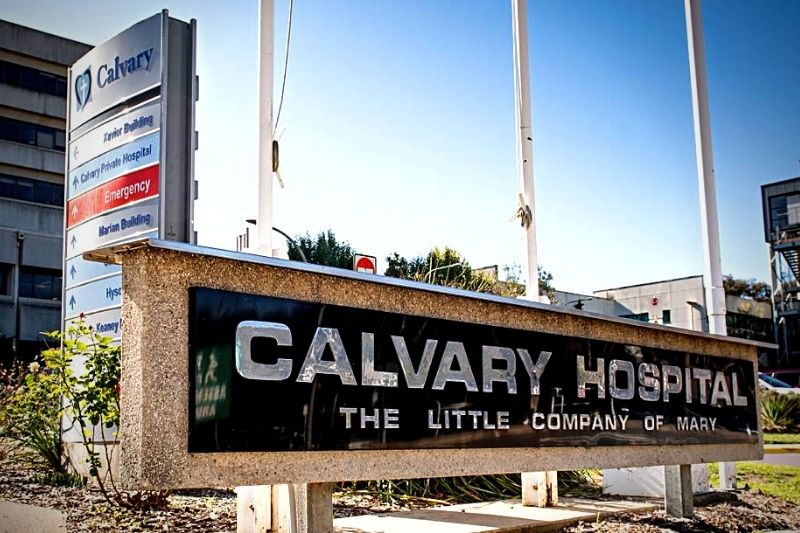
AUSTRALIA
- John Warhurst
- 01 June 2023
25 Comments
Amidst escalating tensions, the ACT government's move to acquire Calvary Public Hospital is facing strong backlash from the church. With claims of hasty decision-making and allegations of anti-religion bias dominating the discourse, this crisis highlights the societal shift towards secularism and questions the role of religious entities in managing public services.
READ MORE